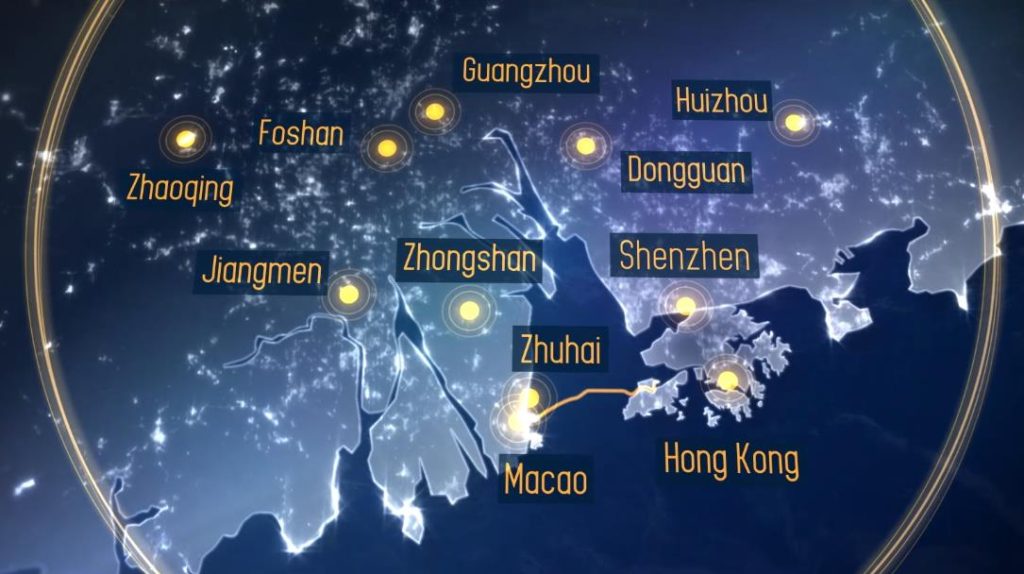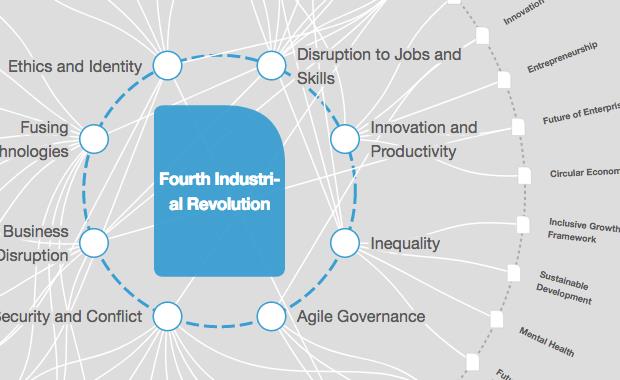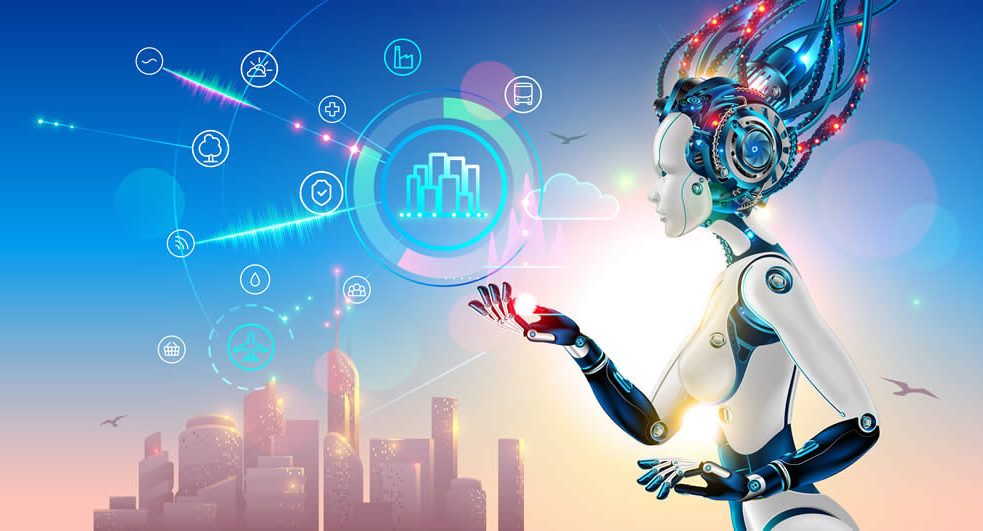Primum Movens: World Merchant Supplying and Controlling the Chains

“Comrades and Friends, the Chinese people pursue great dreams and the Chinese nation dreams with the spirit of reforms and openness…We’re not only good at displaying the old world, we’re also good at building the new. …we never lost confidence in the future and came up with a Three-Step Blueprint to basically achieve socialist modernization in 70 plus years.” – President Xi Jinping on 40th Anniversary of China’s Reform Policies, December 18, 2018
“Shame on us that we allowed this to happen…crippling dependence.” – U.S. House Energy & Commerce Committee
Blind, Deaf, and Dumb. TERM LIMITS NOW! – The Peoples’ Committee Chair
Politicians hold their book of faith in one hand as they shake the hand of the devil with the other. True to form and function: Asinine and stubborn, on the part of Democrats. Arrogant on the part of Republicans, who like elephants cowardly retreat from mice and men, yet fail to remember it is the hunters pursuing them for their tusks that are to be feared.
No, there’s nothing blind or deaf about politicians’ actions. In time they learn how to “turn a blind eye” on corruption while letting their constituents’ concerns go “on deaf ears.”
In my April 2019 paper, “U.S. Inc.: Dear “Comrades and Friends,” How We Sold Out and are Beholden to China,” I note in ‘The Rise of the East’ how the U.S. not only “allowed this to happen” but participated in it as Sen. Dianne Feinstein (D-CA) admitted.
Referencing her role in China’s 1970s rise, “I was the first American Mayor to go to China and forge a relationship for my city San Francisco and Shanghai…and I think eased the transition for China. We sent, scholars, technical people . . .” Comrade Feinstein, Xièxiè nǐ! (Thank you!)
Feinstein, it appears U.S. technical assistance paid off and companies like Huawei listened growing to a successful multinational company. Clearly the U.S. and other countries underestimated China. As President Xi Jinping states, “In just a few decades we have completed an industrialization process that took developed countries several hundred years.”
Face masks and paper have become the most hoarded items, especially in the U.S. What do they have in common? → C H I N A. Did you know that some paper products are marked as “100% Recycled” with “80% Post Consumer Content.”
If reports are correct that the West and other countries are sending its trashed recyclable content to countries in Asia, then it is plausible that the products manufactured in China per U.S. design and specifications are made from U.S. trash.
Who would have thought that hygiene and health supplies would be so important? Mike Bowen, Prestige Ameritech Executive Vice President. In the shameful U.S. House Energy & Commerce hearing it was revealed what has been happening for decades in supply chains.
Bowen boldly points out that he alerted sectors in health, government, and the public back in 2006, “There will be a need for [masks, gloves, medical supplies, etc.]” Most ignored him until the pandemic. Few understood the seriousness of the situation – dependence on China.
Responsibility falls on the U.S. government and its people, and not only on the current administration as Democratic representatives focused on. Given that Bowen had raised his concerns in 2006, the shame goes as far back to the Bush administration and the successive eight years of the Obama administration.
Why the growth in dependence? →$$$. As Bowen noted, “America has a weakness for low prices.” Right, just look at their dependence on Amazon. Yes, as Bowen noted this “weakness” can be seen across other consumer sectors. How to address? Bowen made two key arguments that point to the failures of all those who “represent the people.”
1. Preemptive measures. On the masks, “this isn’t a billion dollar problem” noting that had government listened and acted earlier, production of masks in the U.S. could have been stockpiled and with a cost in the tens of millions vs billions.
2. National security. Making it mandatory for hospitals and other sectors to purchase government approved supplies and equipment as opposed to those obtained through markets that provide inexpensive but substandard ineffective equipment and supplies.
Grasping at straws, the representatives had the audacity to ask Bowen, whom was ignored for years, “what safeguards do we have?” Bowen replied, “That’s for the FDA to answer.” Government?
Good luck! Multiple agencies have been unwilling or unable to enforce laws. Given reports of tainted meat and over prescribed drugs, how has the FDA “regulated” the food and drug markets? Nope, the U.S. is not in a position to make demands on its biggest dealer.
Trade Deals: Compass Not Always Pointing Northwest?
Trade relations are crucial to a country’s successful strategic plans. According to the World Economic Forum, “This is China’s plan to eclipse Silicon Valley.”

“Now the Chinese government has outlined its plans to unite what it calls the Greater Bay Area into a giant megalopolis, and transform it into a high-tech centre that could rival California’s Silicon Valley and Japan’s Tokyo Bay. The Greater Bay Area…particularly in the powerhouse of Dongguan, a city sometimes dubbed “the world’s factory”, which produces a fifth of the world’s smartphones…” Need Phones and PPEs? No problem. China hears you now.
Trade deals may be governed by the politics between countries, but companies’ contracting with one country or another depends on the resource availability and the price set by the markets’ demand. Take the company “Kellogg” for example. Some of their products can be found to be non-descriptive as to where the product is from, labeled only with “Distributed by Kellogg’s Sales Co.”
As I pointed out in my paper in April, “COV-19: A Microscopic and Economic View,” the MCA deal came in the “Knick of time.” It appears to be serving as a buffer to the “unforeseen” disruption of supply chain overseas.
Not surprisingly, in the months following the Mexico-Canada-America (MCA) trade deal, one found some of their boxed cereals labeled, “Product of Mexico” and others “Product of Canada.” The former describes the product’s ingredients listing “milled corn…” and the latter “whole grain wheat…”
Yet, one can also find a Kellogg’s brand “whole grain wheat” cereal with the label “Distributed by Kellogg Sales Co.” The question remains, where the heck is this cereal (or other products) with a label marked simply “Distributed by Kellogg Sales Co.” from? Did Kellogg deal with a vendor outside the MCA deal?
On the importance of questioning let’s ask Kellogg’s CEO. In an event held at Pepperdine University in Malibu, California, Steve Cahillane, Chair and CEO, Kellogg Company stated, “You need to ask questions and be curious and lean on the people around you who have that knowledge.” Sir, I could not agree with you more. Sadly few share your philosophy.
True leaders support their most vulnerable populations; not gloat of the opportunistic mendacity of their actions. My view on leaders runs parallel to that of Cahillane, “I’ve always been impressed with leaders who are honest about what they know and what they don’t know.” Sir, lately few impress me.
Countries’ economies are being impacted differently by the pandemic. The instinct of most leaders is to lie. And this of course resonates with the majority of their appointed officials. Case in point: In April of 2019, the U.S. Secretary of State reportedly stated, “In terms of how you think about problem sets… I was the CIA director. We lied, we cheated, we stole.” Yes, U.S. is selective on who is required to uphold “law and order.”
China’s “Fourth Industrial Revolution” has clearly arisen.

Recently, the U.S. Secretary of State declared:
“On Cyber frontiers. Simply put, in upcoming 5G networks, mobile data traffic entering American diplomatic systems will be subject to new stringent requirements, if it is transited HUAWIE equipment. The objective is that untrusted IT vendors will have no access to U.S. State department systems… We will keep doing all we can to keep our critical data and our network safe from the Chinese Communist Party.”
Sir, Mr. Secretary, from all frontiers, it looks like the “pot calling the kettle black.” Simply put, you expect China to do as you say but not as you do. Sir, viruses entered your country, COV-19 late last year and software viruses decades ago. You’re people are dying in the tens of thousands but you’re worried about a computer bug? Little late for that.
Imagine if other department secretaries showed this level of concern for health, education, and social services declaring “new stringent requirements” on their systems of government and vendors? May explain why the country is in crisis.
“Reciprocity” as a condition on trade deals with China? Current administration isolationist policies are the antithesis of reciprocity. Unlike U.S. history, China’s many roads brought in trade from India, Persia and the West, promoting interchange of trade, ideas and religion that go as far back to 695 B.C.
On “critical data and our network safe,” you have two issues: what vendors integrated the “nuts and bolts” of your network equipment and whose working the networks? Start-ups from California’s Silicon Valley have long been replaced by countries as diverse as Israel’s “Start-up Nation,” Estonia, known as “the little country that could,” and Taiwan.
In the 2016 book The Industries of the Future, Alec J. Ross, points to “Foxconn, the Taiwanese company that manufactures your iPhone, along with many other gadgets developed by companies like Apple, Microsoft, and Samsung.” How does the Secretary of State intend to vet IT vendors who may do business with those in close proximity to China?
As Ross reminds us, Foxconn’s “largest factory complex, in the Shenzhen manufacturing zone near Hong Kong, employs half a million workers in 15 separate factories.”
On a side note, I found Ross’ book, as informative as it is, was either written twenty years earlier before he agreed to have it published OR publishers made the error of not revising “Future” with “Past.” Globalization implications shined light on these industries at the turn of the century.
Compass Pointing East: Watch the Roads
U.S. forgets that the chain of command is led by a prime mover. No, not only in cyberspace but in the physical spaces of transport. The “Belt Road” is actually many roads that go back centuries. An engineering feat and precursor of what was to come.
“Billions of dollars have already been spent in improving transport and infrastructure links between the cities. Last year the world’s longest sea bridge was opened linking Hong Kong, Zhuhai and Macao: a $15 billion feat of engineering, that cuts the time it takes to travel across the mouth of the Pearl River to under an hour.” (source: World Economic Forum). Yes, transport and infrastructure are crucial but let’s not forget transport’s central driver, logistics.
Logistics are key. Russia, you may agree. In the Patriotic War of 1812 or the Russian Campaign, armies faced unforgiving freezing terrain, “The horse was a crucial factor in Russia’s defeat of Napoleon.” In essence, France’s defeat was attributed to how “Napoleon destroyed his army in 1812 in large part because of logistical failures.”
To be fair, going back to Afghanistan and now the Middle East, when it comes to policy or military failures in an unforgiving terrain, Britain, the Soviet Union, and the U.S. were themselves defeated. All paid dearly. However, Britain and the Soviet Union did not pursue a two decade escapade only to cut a deal with the Taliban.
From my vantage point, the U.S. will soon be reverting to “business as usual” whether by design or by force. As Bowen noted, “America has a weakness for low prices.” Yes, Bowen. The Peoples Republic of China (PRC) and the many world vendors working the supply chains are happy to service the Peoples’ Republic of Capitalism (PRC).
Primum Movens, Aristotle once spoke of the “unmoved mover” many centuries and dynasties ago. China has speedily come along through its many roads, from its “Great Wall” to “China 2025.”
The path and direction chosen by nation leaders will determine the fate of their people. Whether you stand with a Socialist, Communist or Capitalist, you will do well not to cross each other’s paths. Leave that to the prime mover, the World Merchant. 😉
“Comrades and Friends… We must stay on the path of socialism with Chinese characteristics . . .the direction determines the future and the path determines the destiny. To keep our destiny in our own path, we must remain true and committed to our original aspirations and chosen path… the victory of the Chinese Peoples’ Democratic Revolution.” – President Xi Jinping

